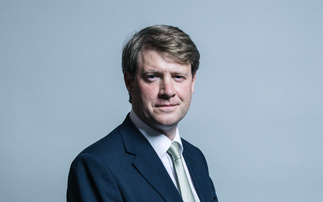Bruegel Institute argues a centralised European climate fund and more federal approach is needed to deliver effective climate policy
The European Union could overcome a political deadlock at this December's Climate Summit in Paris if it agrees to pool all its climate finance resources.
Additionally, EU member states should focus on European-wide climate policy rather than domestic mitigation strategies, due to its greater influence on shaping the global climate agenda and ability to push for an effective international agreement.
Those are the stark conclusions of a new report by the Brussels-based Bruegel Institute think-tank, released last week, which warned, unless European nations agree to work collectively, December's negotiations will fail to reach an agreement, resulting in much of the EU's climate policy becoming "futile".
"Without an ambitious deal at the United Nations climate summit in Paris in late 2015, much of EU climate policy will be futile," authors Guntram Wolff and Georg Zachmann said in the paper released on Friday. "Climate finance is the most important tool the EU has to make a deal likely."
The finding echoed the warnings of French president Francois Hollande, who last week said the deal in Paris would fall through without a combined $100bn annual commitment from rich nations.
Both businesses and consumers would benefit if individual member states were to combine their funds to produce a large EU climate fund, as well as engage more private investors, the report concluded.
The report also argued the EU's emissions trading system (ETS) should be overhauled to commit a portion of auctioning revenues directly to the United Nation's Green Climate Fund, while a carbon tax on transport and heating fuels should be introduced.
This article is part of BusinessGreen's Road to Paris hub, hosted in association with PwC









